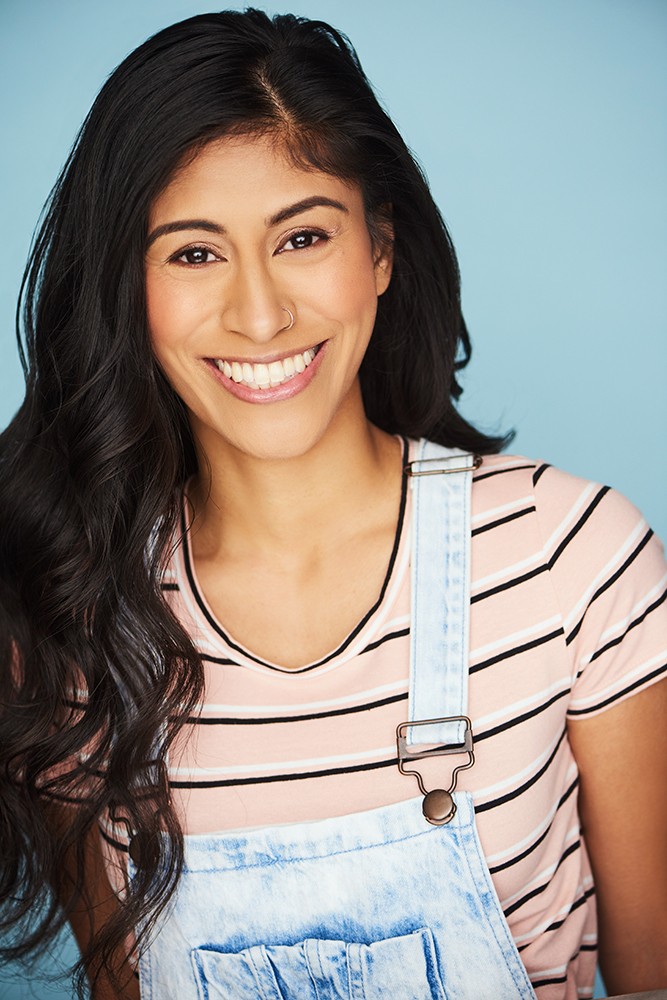We’re excited to introduce you to the always interesting and insightful Sarah Anarna. We hope you’ll enjoy our conversation with Sarah below.
Sarah, we’re so excited for our community to get to know you and learn from your journey and the wisdom you’ve acquired over time. Let’s kick things off with a discussion on self-confidence and self-esteem. How did you develop yours?
I think my confidence and self-esteem fluctuate with my mental health. As most of us know, mental health isn’t linear, which means that my confidence and self-esteem could also take a dive should my mindset not be at a great place.
As a neurodivergent artist and entrepreneur who has ADHD, I’ve learned to give myself permission to not do things exactly as everyone else. I’ve learned to give myself permission to accomplish my dreams and goals by taking a different path, and by leaning in to what makes sense for me.
Overall, I’m learning that my confidence and self-esteem drops when I mask, expect myself to function like neurotypical people, have such impossible standards for myself, isolate, and surround myself with people that I need to please or gain acceptance from.
My confidence and self-esteem, however, gains a boost when I acknowledge everything that I am authentically, see my weaknesses as also my strengths, lean into it, delegate what I’m not good at, surround myself with safe, authentic connections that allow vulnerability and reciprocate, ask for help, create a lifestyle of play and know that one step forward is enough.
Appreciate the insights and wisdom. Before we dig deeper and ask you about the skills that matter and more, maybe you can tell our readers about yourself?
I am a multi-passionate being with my primary focus being an actor and storyteller.
One of the most exciting things about being an actor is the privilege of collaborating with other filmmakers on getting a good story out by learning about their characters in such an intimate way. I love being able to put myself in my character’s shoes, exploring their thoughts, ticks and tendencies and expressing all that nuance in their relationships.
The beginning of 2023, I also started taking film fighting workshops, stunt workshops, kung fu classes, boxing and training at JAM. I absolutely love movement, and grew up in sports. It’s extremely fun and rewarding to have the privilege of combining my love for movement and acting in action or movement related films.
Regarding my personal projects: as of late, I’ve been exploring producing content on YouTube, such as vlogs, along with my own films. Producing has been a fun way to be part of films outside of acting. Our most recent short film, HSP, is currently in post production and will be released soon on my YouTube channel: https://youtube.com/sarahanarna
Thanks again to everyone who was part of our short film, HSP!
Director: Eddie Vigil V
Produced by: Sarah Anarna
Script Supervisor: Kyle Stephens
Actors: Kristofer Perry, Beau Nelson, Sarah Anarna
I am excited to have so much flexibility on producing our own content, whether long form or short form. I believe allowing ourselves to learn through the process by diving in is key as opposed to simply waiting to get booked.
I am also the business owner and dog trainer of Etsu & Me. Etsu & Me is a relationship based dog training service based in Pasadena, CA offering, one-on-one in person training and board and train services. We teach owners how to build a deeper relationship with the dog in front of them.
You can learn more about Etsu & Me on our website: www.etsuandme.com
Looking back, what do you think were the three qualities, skills, or areas of knowledge that were most impactful in your journey? What advice do you have for folks who are early in their journey in terms of how they can best develop or improve on these?
Authenticity
Curiousity
Intrapersonal skills
While I believe that interpersonal skills are just as important, I do believe that understanding myself well, giving myself time to reflect on who I am, how I feel, what’s going on inside of my mind, heart and body, helps me communicate to other people better. I believe empathy for others can only go as far as we understand ourselves and our humanity.
I believe true kindness without boundaries isn’t possible, and kindness without knowing who you are and what you stand for prevents you from tapping into the level of kindness we can actually give to our loved ones.
Developing intrapersonal skills allows us to understand ourselves authentically, which then allows us to find people and communities we are in alignment with. This opens doorways for richer friendships, and a community in which you feel seen, heard, and belong, therefore increasing our capacity to also do the same for others. A life that gives purpose, meaning and depth outside of simply climbing the career ladder.
My advice for folks early in their journey would be to stay curious, truly and humbly. Stay curious about yourself, stay curious about your environment, stay curious about other people. Ask questions. If we’re doing all the talking in the room, we’re in the wrong room. Listen in all the ways and be emotionally in tune. The world needs more of it. Afterwards, express. Don’t keep all your ideas to yourself. Ideas kept to ourselves move us, ideas shared with people moves communities.
All this curiosity, all this listening, all the learning – are where your stories will come from. When you know who you are, what you stand for, and how human we all are, you find a passionate voice inside of you that carries impact and influence.
Any advice for folks feeling overwhelmed?
As an neurodivergent who has ADHD, I am very familiar with overwhelm. In fact, I would say I face chronic overwhelm and am currently learning to manage my ADHD with the support of my boyfriend, Eddie, friends, therapy, and lifestyle changes.
1) I’ve learned to get to know what overwhelm feels like in my body.
Where do I carry my tension and stress?
2) Journal and take notes on what helps you recover whenever you’re overwhelmed
This allows you to see patterns and test them out so you can find a structure or routine that works to help recover from overwhelm
3) Journal and take notes on patterns prior to the overwhelm building
This allows you to set up guard rails from repeating the same pattern over and over and create better boundaries whether for work or personal life
4) Have a reliable support system of friends or family who you feel safe with to share what you’re going through
My boyfriend, Eddie, has been such an amazing support system through my journey with ADHD. I honestly don’t think I could (metaphorically) keep holding the life weights up if it wasn’t for his help in carrying the load with me. He understands when to listen, and when it’s appropriate to help me find solutions. Yet he still trusts my ability to navigate life and make the best decision for myself.
Having loved ones that you can be this vulnerable with to allow them to carry the load with you, moving from independence to interdependence, can truly be the difference in feeling motivated and hopeful for a better and more connected lifestyle.
5) Live life, develop hobbies outside of work, and play.
Here in LA, it’s so easy to get lost in the hustle and productivity. It’s also very expensive, making it hard to constantly go do things with friends because most of us are working so hard just to be able to pay the bills. However, recess is important as kids for multiple reasons and I don’t think we outgrow that when we’re older. Whatever your situation is, find a way to integrate some form of hobby, play and experience life outside of work.
6) Last but not least, I want to say that if you face chronic overwhelm and relate to any neurodivergent traits, seeking help and treatment is one of the most courageous things we can do.
It took me almost a year to finally schedule my ADHD assessment and took me four years to be open to any medication because of the stigma. I was afraid of what my assessment could potentially mean. However, on the other side, there is so much more light.
That said, I don’t think treatment always has to include medication. It is up to each individual. But I hope to empower people to seek help from professionals, including but not limited to, psychiatrists, therapists, social workers, and more. Of course, it’s not a one stop shop, and finding the right professional that understands your needs may be a process, but it’s worth it.
While our friends and community are crucial, they are not a replacement for trained professionals who can help us dive deeper into our habits to build a more balanced life.
Contact Info:
- Website: www.sarahanarna.com
- Instagram: https://www.instagram.com/_sarahanarna/
- Facebook: https://facebook.com/anarnasarah
- Youtube: https://youtube.com/sarahanarna
- Other: Dog training website for Etsu & Me www.etsuandme.com
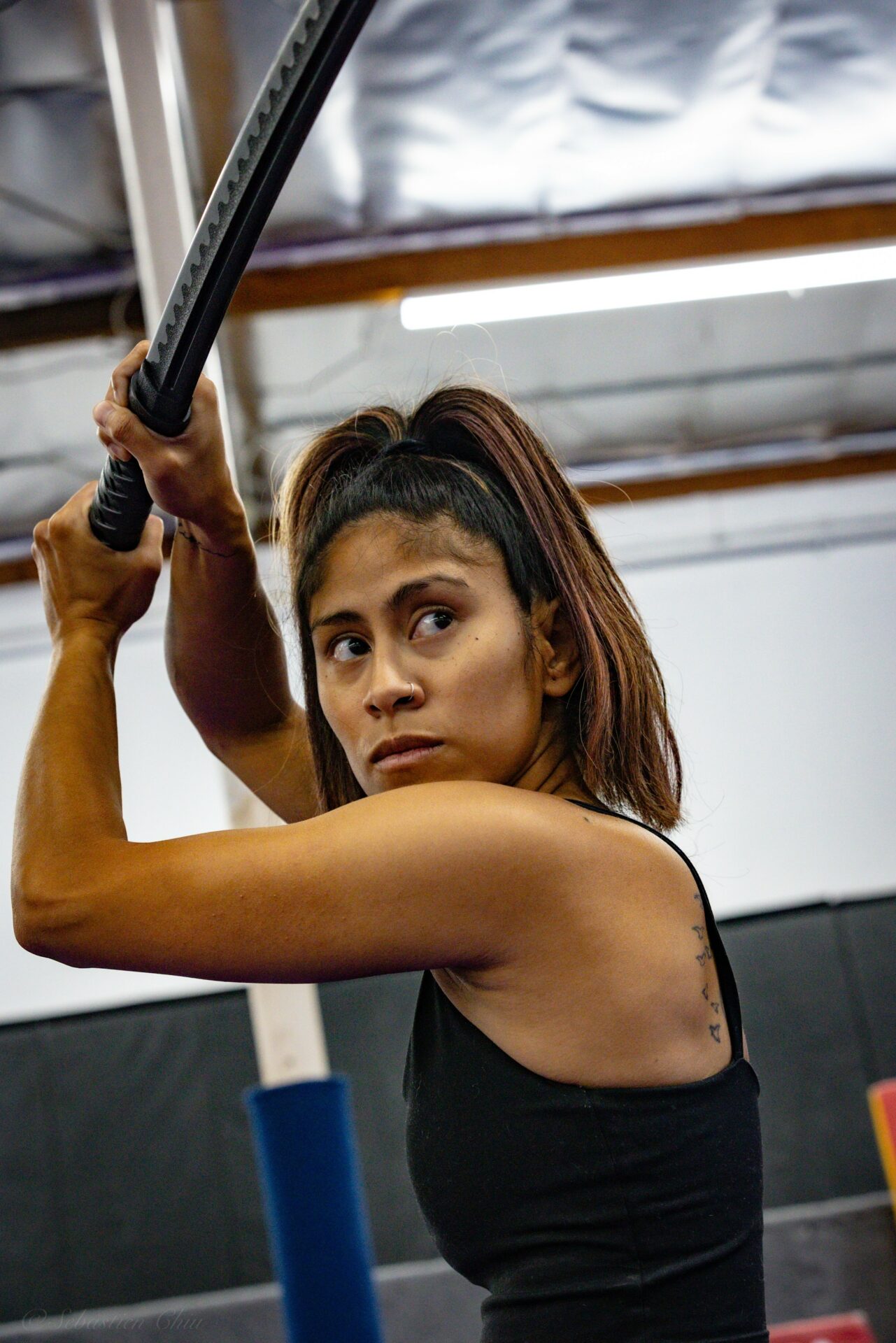
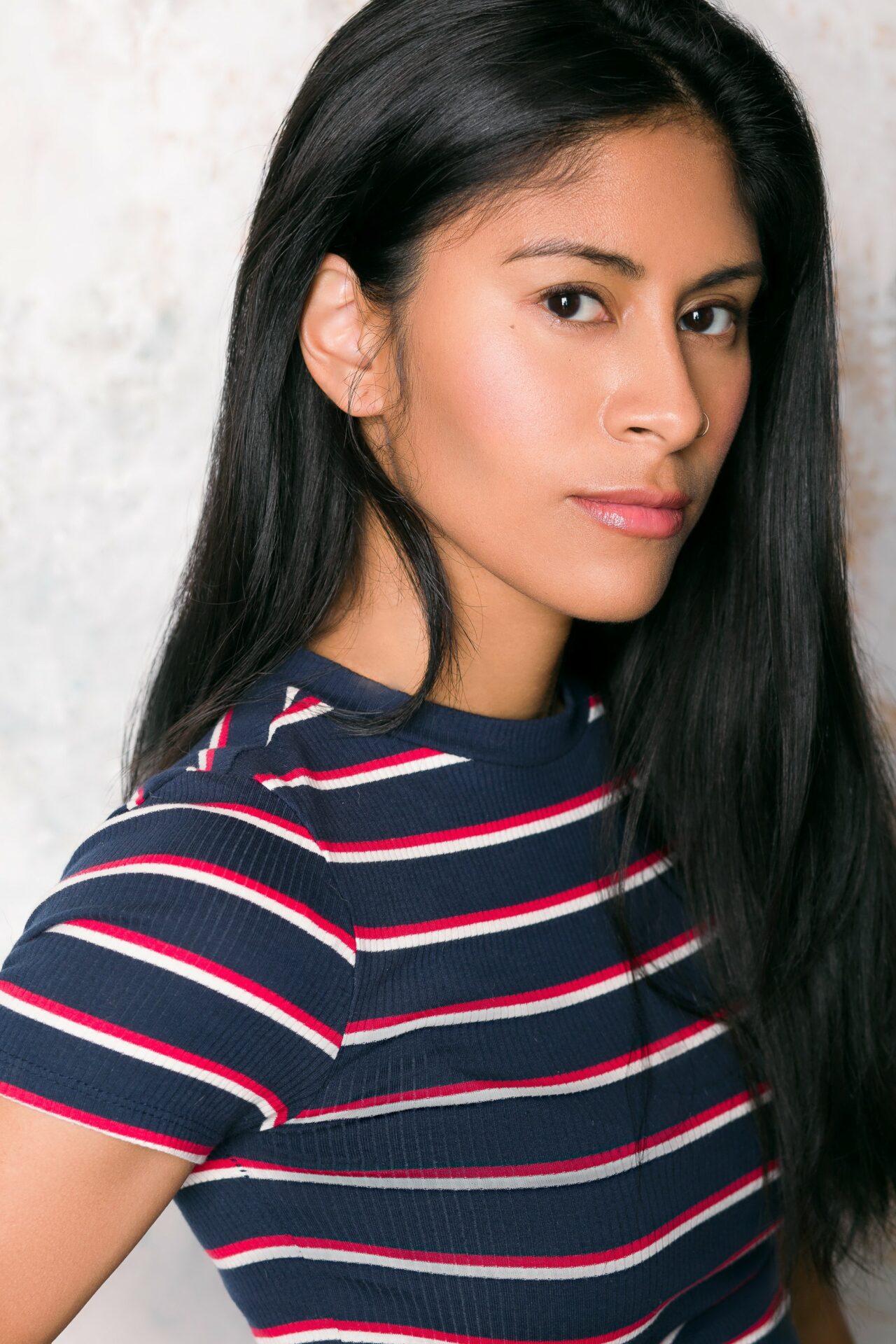
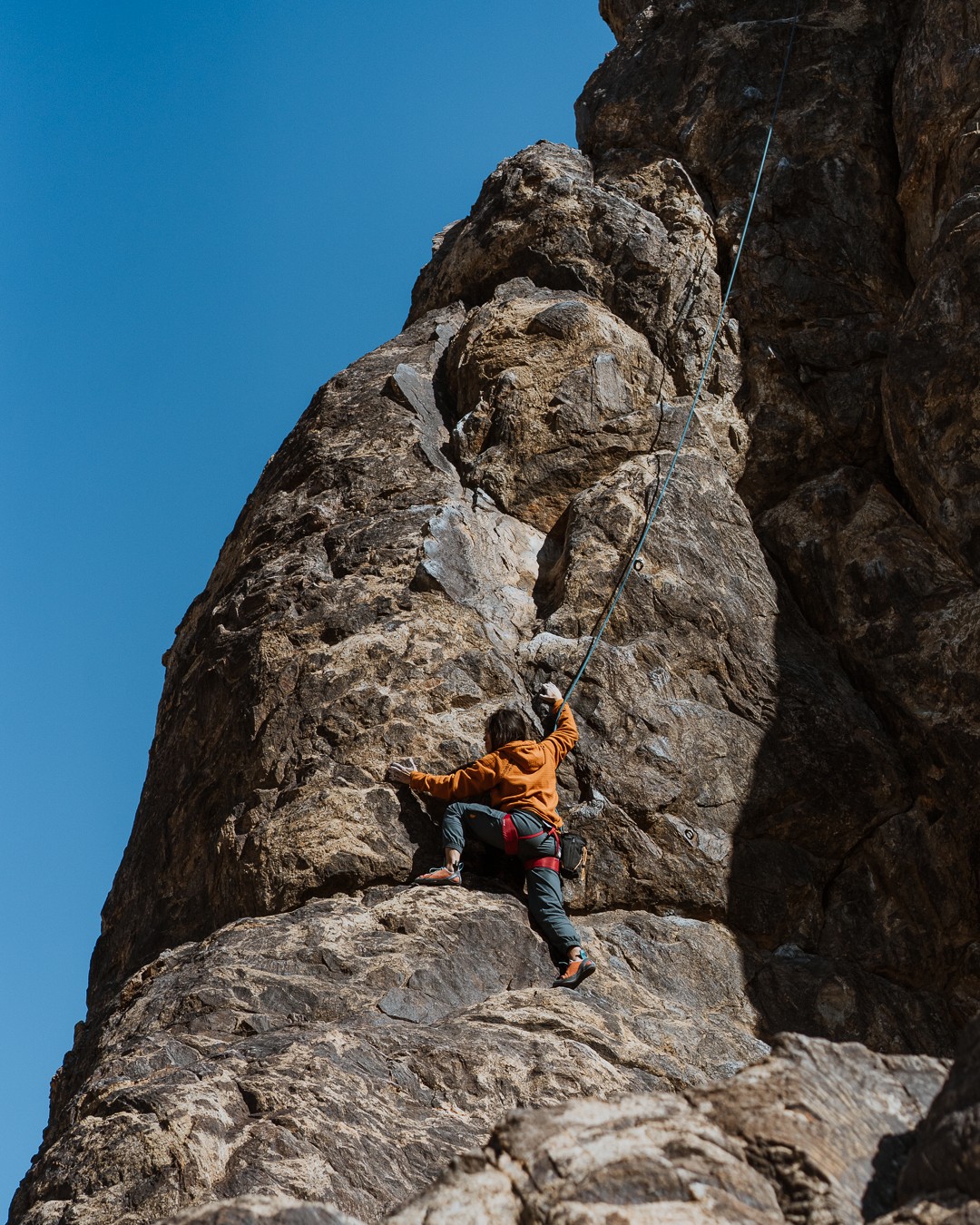
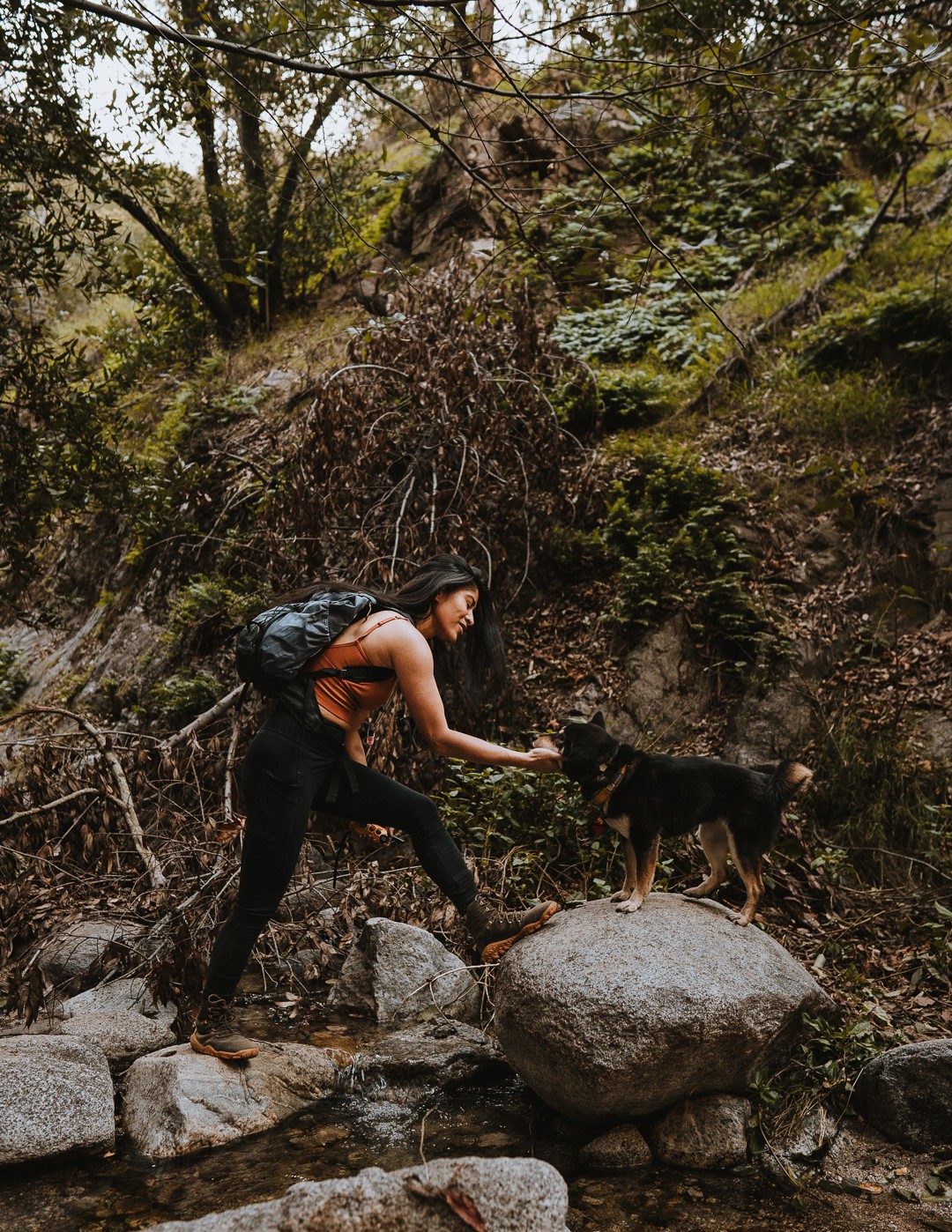
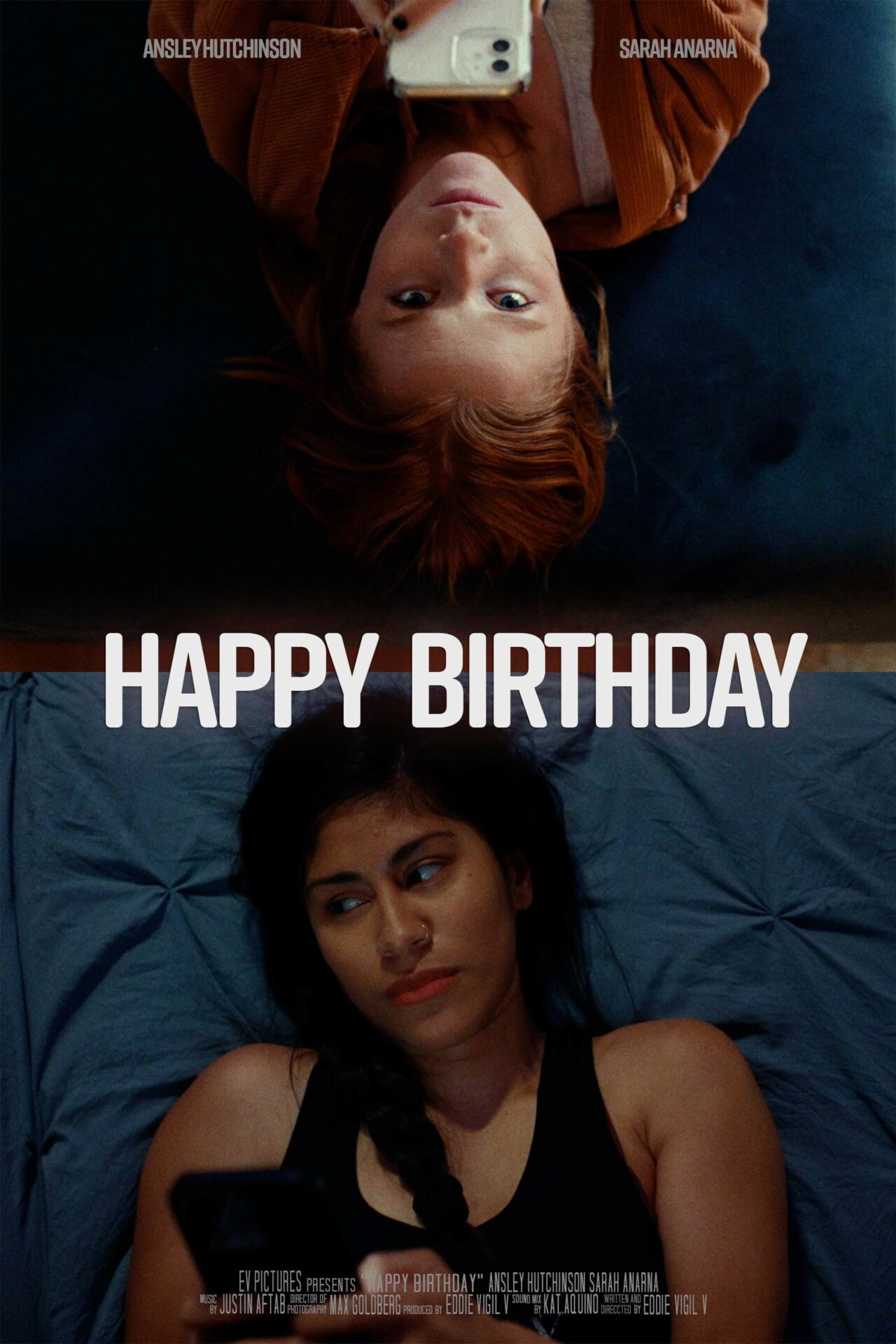
Image Credits
Kim Alexis David Muller Tina Ou Sebastien Chiu

